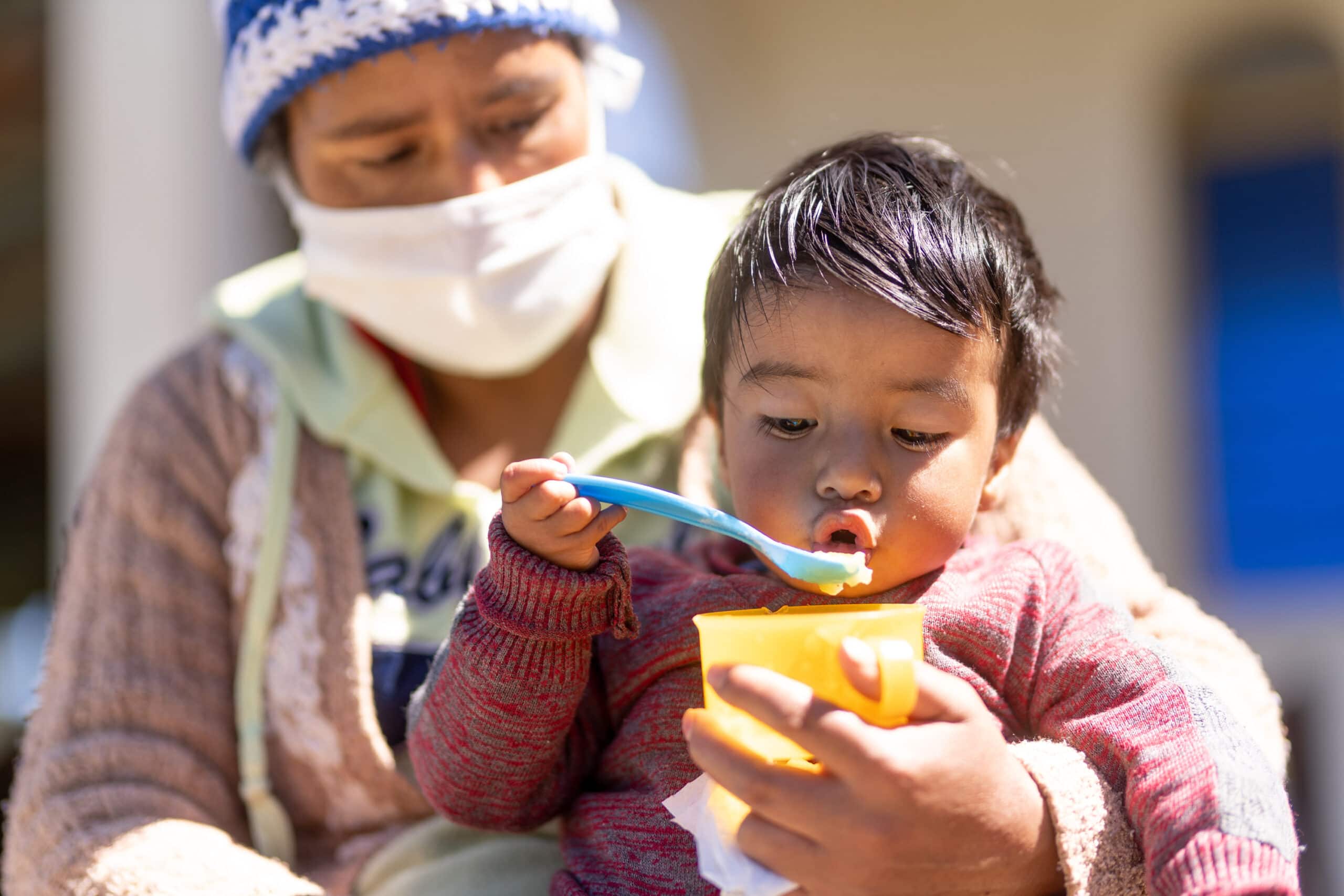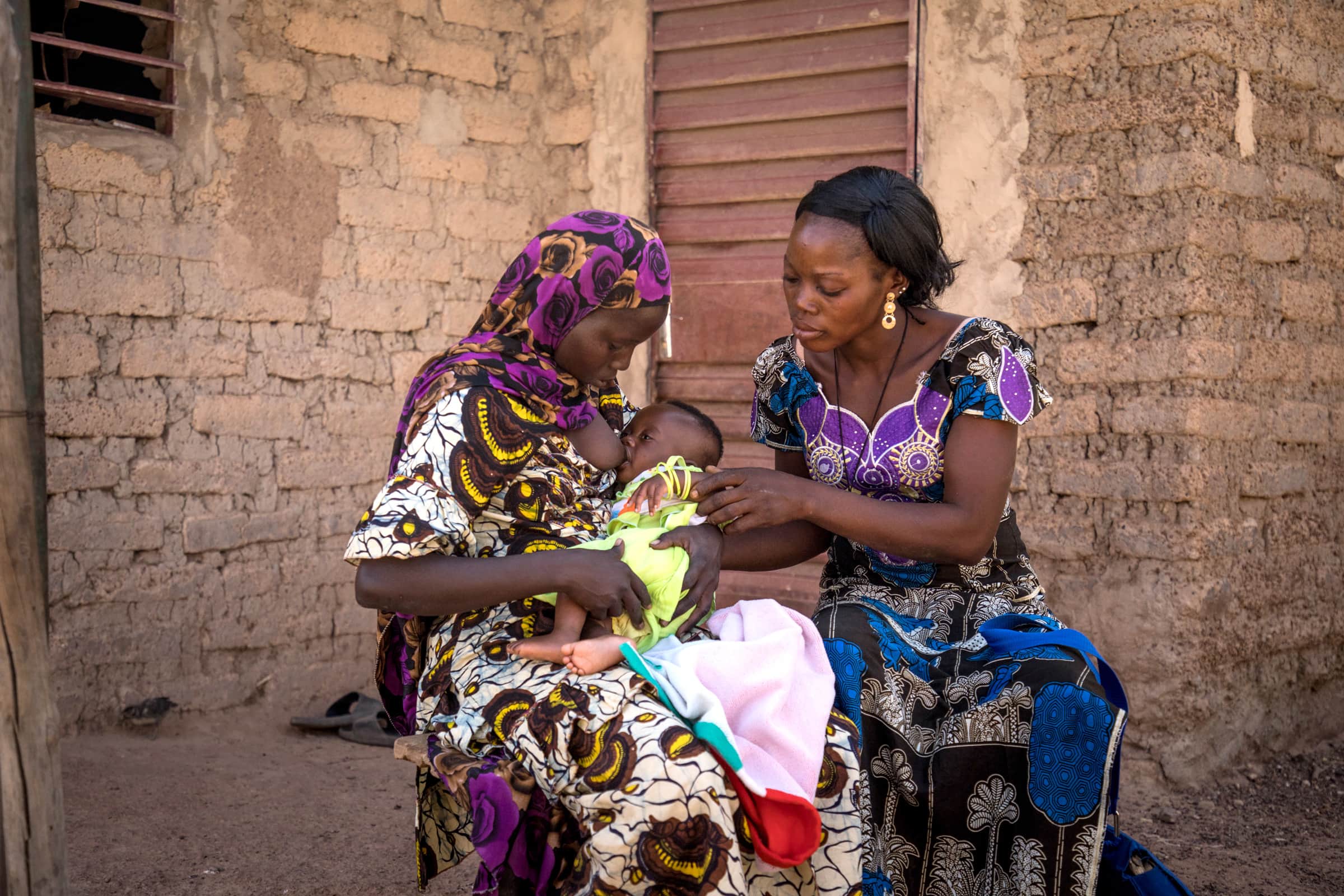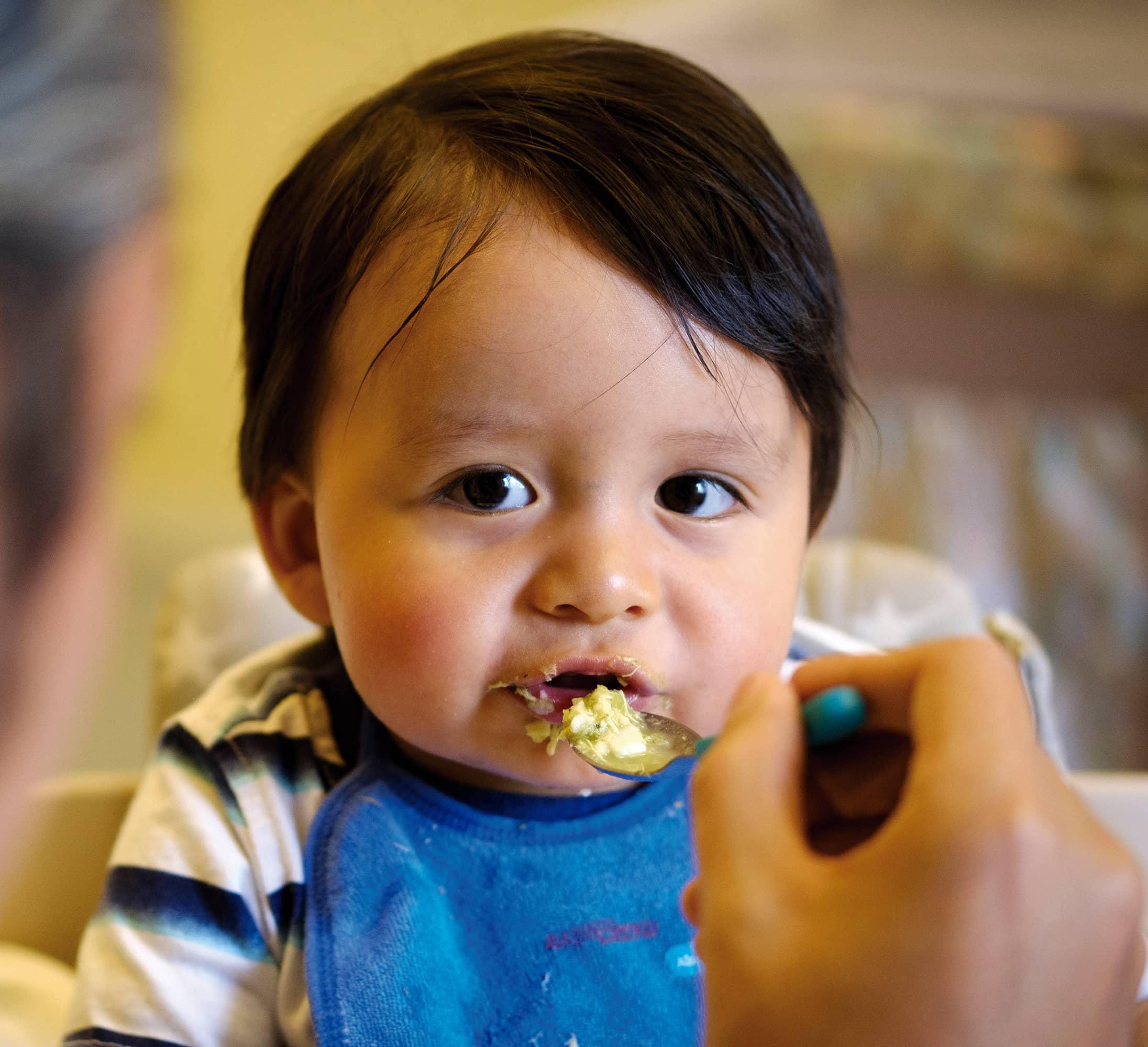Fed to Fail: The crisis of children's diets in early life
2021 Child Nutrition Report

Poor-quality diets are one of the greatest obstacles to the survival, growth, development and learning of children today. The stakes are highest in the first two years of life, when insufficient dietary intake of nutrients can irreversibly harm a child’s rapidly growing body and brain.
UNICEF’s Flagship Child Nutrition Report, 2021 presents the most comprehensive update on young children’s diets till date. It examines the latest data and evidence on the status, trends and inequities in the diets of young children aged 6–23 months, and the barriers to nutritious, safe and age appropriate diets. This global report is also accompanied by a data booklet which present the latest key statistics on children’s and women’s nutrition for the world’s countries and regions including detailed data on young children’s diets.
Download the data booklet
The report highlights eight key findings which demonstrate that the world is failing to feed its children. Currently, 27 per cent of children aged 6–8 months are not fed solid food. Among children aged 6–23 months, 48 per cent are not fed the minimum recommended number of meals, and 71 per cent do not have minimally diverse diets. Moreover, the poor quality of young children’s diets has persisted and shown little to no improvement in the last decade.
The child feeding crisis affects all regions, but young children in poorer countries and regions are in greater crisis than others. Analysis reveals that children living in rural areas, poorer households and disadvantaged regions within countries have the least diverse diets.
The report calls on governments and partners to work together around ten key actions to transform the food, health and social protection systems and strengthen nutrition governance to deliver nutritious, safe and affordable diets to every child. Positive change in children’s diets at scale can be a reality if countries take action together, supported by better data and knowledge, increased investments, and clear monitoring and tracking systems that embed accountability.
The analyses presented in this report used data from the UNICEF Global Database on Infant and Young Child Feeding, comprising data from 607 nationally representative surveys conducted in 135 countries and territories and representing more than 90 per cent of all children under 2 years of age globally. See the brief explainer video here.


